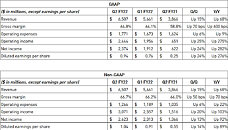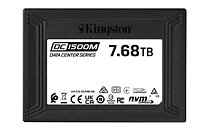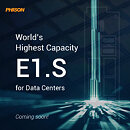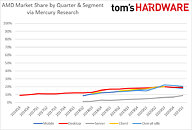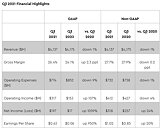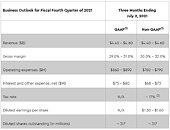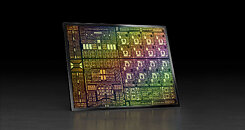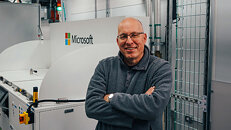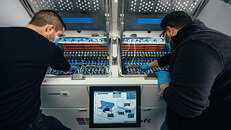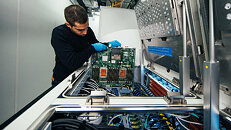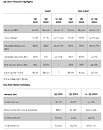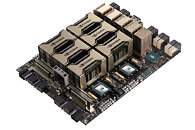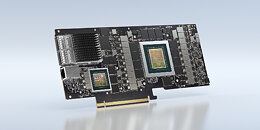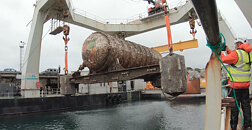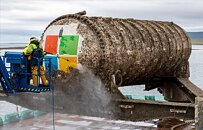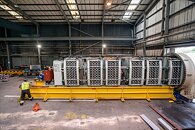NAND Flash Revenue for 2Q21 Rises by 10.8% QoQ Due to Strong Notebook Demand and Procurements for Data Centers, Says TrendForce
NAND Flash suppliers' Clients in the data center segment were gradually stepping up enterprise SSD procurement after finishing inventory adjustments, according to TrendForce's latest investigations. Moreover, the adoption rate of 4/8 TB products in the enterprise SSD market increased substantially on account of the releases and adoption of the new server processor platforms from Intel and AMD. Although the recent wave of COVID-19 outbreaks that struck Southeast Asia weakened smartphone sales in 2Q21, the quarterly total NAND Flash bit shipments rose by nearly 9% QoQ, as PC OEMs still had plenty of component orders in 2Q21 due to the fairly robust notebook demand during the period. On the other hand, the shortage of controller ICs became more severe during the period, and the winter storm that battered Texas this February affected the operation of Samsung's foundry fab Line S2 in Austin. As demand for NAND Flash products rose, the overall ASP also rose by nearly 7% QoQ, and the quarterly total NAND Flash revenue rose by 10.8% QoQ to US$16.4 billion in 2Q21.


